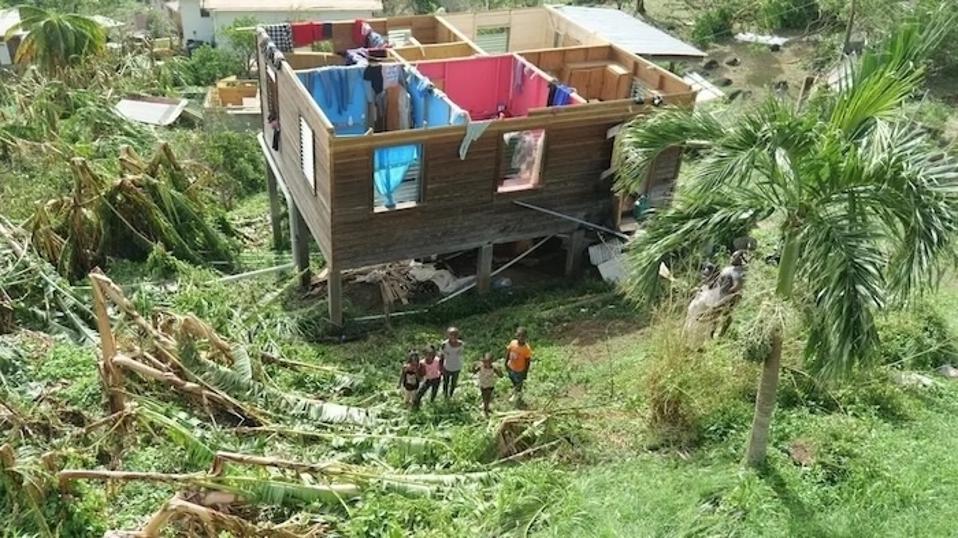UNICEF is supporting emergency preparedness efforts across the region as Hurricane Melissa moves slowly across the Caribbean Sea. Countries including Jamaica, Haiti, Cuba and the Dominican Republic are expected to endure several days of intense weather that could disrupt basic services for children, particularly in vulnerable coastal areas.
Donate now to help UNICEF reach more children in need.
Hurricane Melissa is the strongest storm of the 2025 hurricane season
Extreme rainfall. Whipping winds. Catastrophic flash flooding. Landslides. Climate scientists predict that storm surge powered by sea level rise will cause devastating damage to countries in the path of Hurricane Melissa.
As the storm continues to strengthen with winds up to 175 miles per hour, UNICEF is working with national authorities and partners to support emergency preparedness efforts by pre-positioning lifesaving supplies, sharing early warning messages with communities and providing cash assistance to households at risk in Jamaica and the south of Haiti to mitigate the storm’s impact.
“All efforts to prepare for the arrival of the hurricane are vital to mitigate damage and loss of life in the most vulnerable communities, especially in regions like the Caribbean. Small islands always face heightened vulnerability to extreme climate events,” said Roberto Benes, UNICEF Regional Director for Latin America and the Caribbean. “UNICEF helps strengthen national capacities to anticipate and respond to climate-related emergencies, and to deliver essential services for children. This is fundamental to protecting those who need it most.”
Learn more about how UNICEF works to protect and support children affected by hurricanes
UNICEF and partners prepare for landfall as hurricane wind speeds reach 175 miles per hour
UNICEF’s preparedness measures include pre-positioning 4,000 water containers in Jamaica (3,500 delivered), 2,900 hygiene kits in Haiti, and 1,300 hygiene kits sent to eastern Cuba. An additional 4,000 hygiene kits, water purifiers, tents and water containers are being shipped from Barbados and Panama to Jamaica and Cuba. Health facilities in Haiti have been stocked with enough nutrition supplies to last from one to three months.
In Jamaica, where the hurricane is expected to make landfall early Tuesday, Oct. 28, at least 700,000 children are at risk, according to UNICEF estimates. UNICEF will support emergency cash transfers for 10,000 children and vulnerable families in Jamaica through the PATH (Program of Advancement Through Health and Education) program. In Haiti, UNICEF has delivered anticipatory cash transfers to around 8,000 households.
The situation is particularly grave in Haiti, where armed groups control more than 85 percent of the capital, Port-au-Prince, and the number of children displaced by violence has almost doubled over the past year. Over 1.3 million people are already displaced; families are struggling to cope amid collapsing services and lack of humanitarian access.
UNICEF responds to hundreds of emergencies every year
UNICEF has been supporting emergency preparedness efforts throughout the region on an ongoing basis as part of its commitment to building resilience and reducing disaster risks. Extreme weather events have become more frequent and more intense in the region and all around the world as a result of climate change.
In the past decade, approximately 11 million people, including nearly 4 million children, have been directly affected every year by natural and human-made hazards in Latin America and the Caribbean. In 2024, the region experienced a very active and destructive hurricane season with 18 named storms and 11 hurricanes, five of them major.
UNICEF responds to hundreds of emergencies every year — including weather-related disasters such as hurricanes — focusing on vulnerable communities in the hardest-hit areas.
Your contribution to UNICEF is more important than ever. Please donate.

